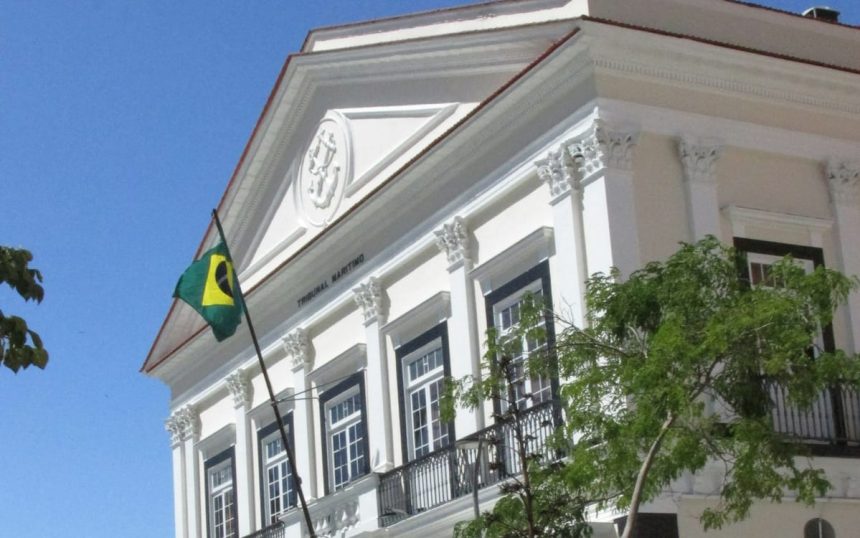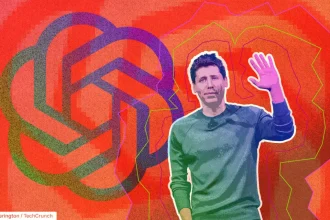In Brazil, the sheer volume of lawsuits has become overwhelming. According to Rest of World, more than 76 million cases sit in the system today, a backlog so immense it costs nearly 2% of the country’s economy just to keep the wheels turning.
Inside the courts, judges face towering caseloads, clerks shuffle through endless stacks of paperwork, and ordinary citizens can wait years for decisions that should take months. The system has been stretched thin for decades, and there’s no sign of people filing fewer lawsuits.
Faced with this immerse pressure, Brazil’s judiciary is now turning to artificial intelligence.
AI as the New Court Clerk
Since 2019, courts across the country have built or adopted more than 140 AI systems. These tools sift through precedents, classify cases, draft reports, and even predict how judges might rule. In Brasília, clerks working for Chief Justice Luís Roberto Barroso now rely on MarIA, a generative AI assistant trained on models from Google and OpenAI. Instead of starting reports from scratch, clerks adjust AI drafts and move through their piles more quickly. By June this year, the Supreme Court backlog had dropped to its lowest level since the early 1990s.
That efficiency, though, comes with side effects. AI is not only helping judges but also arming lawyers. More than half of Brazilian attorneys now use generative tools daily. Drafting a defence that once took 20 minutes can be done in seconds. Last year alone, they filed 39 million new lawsuits, a near 50% jump compared to 2020. The same technology unclogs courts and floods them at the same time.
The Double Edge of Legal AI
Inside big law firms, AI assistants like Harvey, a San Francisco-built chatbot trained on legal data, are used to comb through contracts and dissect expert reports. Independent lawyers, often working from home offices, lean on free versions of ChatGPT to draft clauses or test legal arguments
On both sides of a case, algorithms are doing the heavy lifting. Yet justice is not mechanical. Family disputes, inheritance battles, and complex contracts demand context and fairness, qualities no model can supply. And when lawyers rely too heavily on machine-generated text, mistakes slip in. This year alone, at least six Brazilian cases contained fake precedents produced by AI, leading to fines. Globally, hundreds more have been recorded.
Other Countries Adopting AI into Their Judicial Systems
Brazil is not alone in leaning on AI to steady its overburdened courts. Morocco, for instance, has been using AI for transcribing judgements, retrieving archived documents, and even hopes to record live hearings in Darija and Amazigh. In Tanzania, an innovative transcription and translation system helps courts manage the country’s many Kiswahili dialects alongside English, allowing more accurate and inclusive proceedings.
China has gone a step further, piloting “smart courts” where AI assistants like Xiaozhi sort through facts and even prepare judgments. Colombia’s Constitutional Court uses PretorIA to deal with the avalanche of human rights cases, allowing judges to rule on cases rather than filling out paperwork.
These examples suggest that Brazil’s experiment is part of a wider global shift, though each country tailors the technology to its own linguistic and legal challenges. A UNESCO survey found that nearly half of judicial workers already rely on AI tools. Venture capital is pouring into legal-tech startups, and analysts expect the market to grow into the tens of billions within the decade. Though the United Nations has warned against blind faith in what it calls “techno-solutionism,” urging governments to weigh the risks before embracing AI as a cure-all.
Brazil now stands as both a laboratory and a cautionary tale. AI is helping courts deliver faster rulings and reducing some of the country’s crushing backlog, but it is also fuelling more litigation and deepening dependence on tools that sometimes hallucinate. The vow is clear: an arrangement in which cases do not linger for weeks but years.
The risk is equally blunt: justice system makes speed a priority over precision and fairness. The following chapter will decide if Brazil’s open arms to AI are a template for others or a warning sign that mere efficiency cannot be the means for justice.
Brazilian court rules for the suspension of Telegram
A Brazilian court has ordered the countrywide suspension of messaging app Telegram after its parent company failed to provide data sought by authorities on neo-Nazis operating on the platform, per Reuters. Telegram which brands itself as a messaging app focused on speed and privacy chat end-to-end encryption had refused to
![]()
September 29, 2025
Link copied!
Copy failed!



















